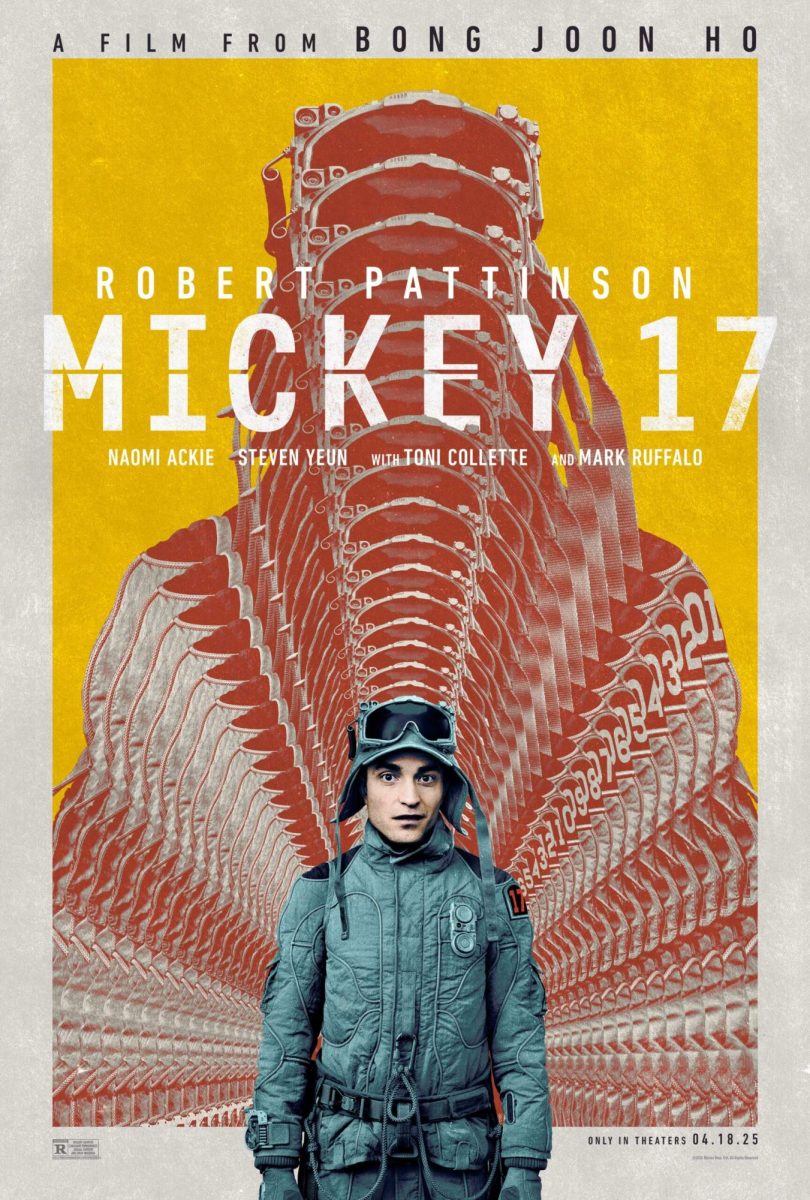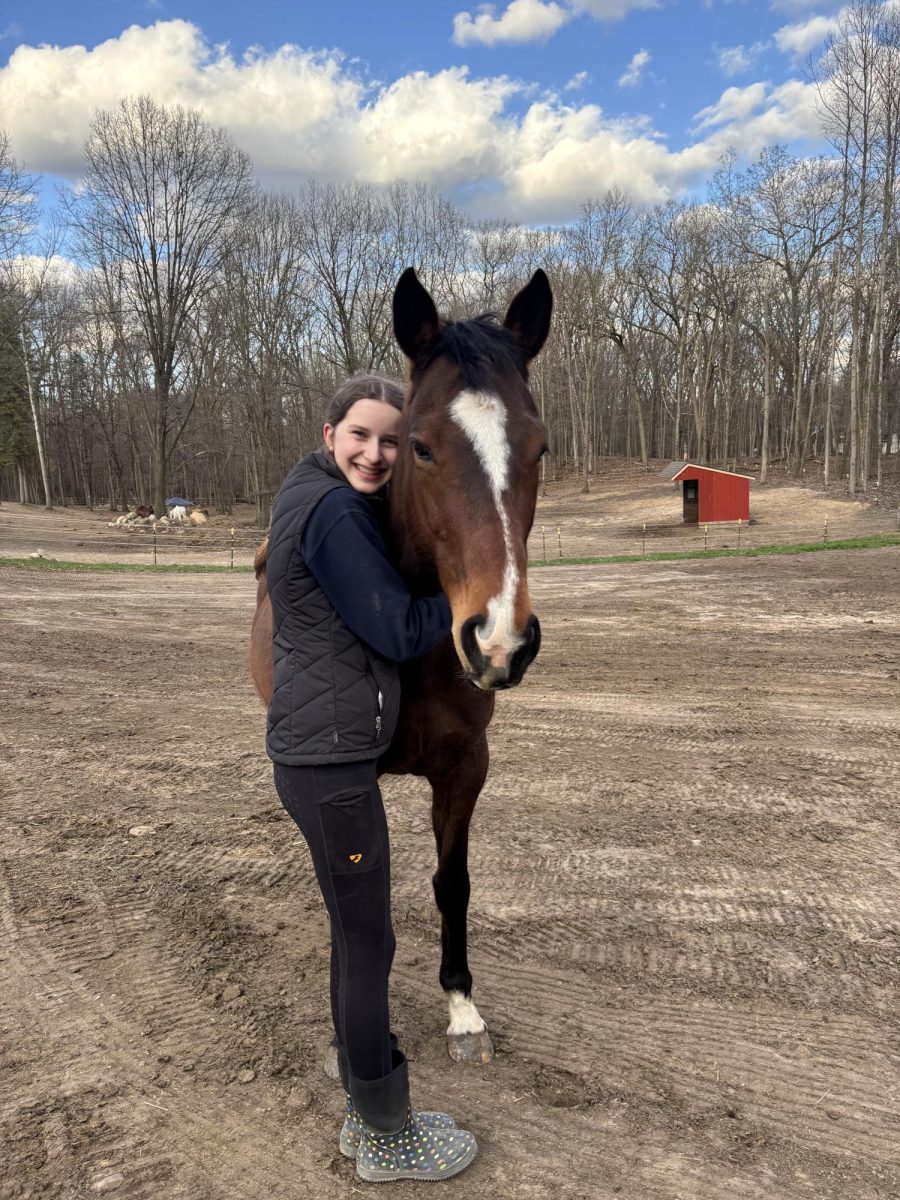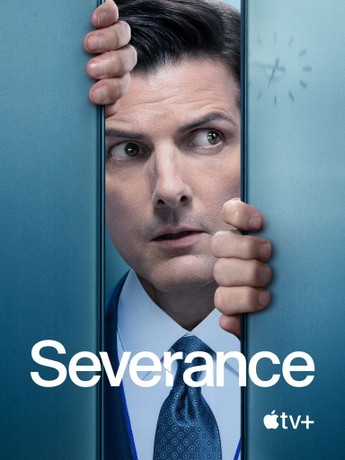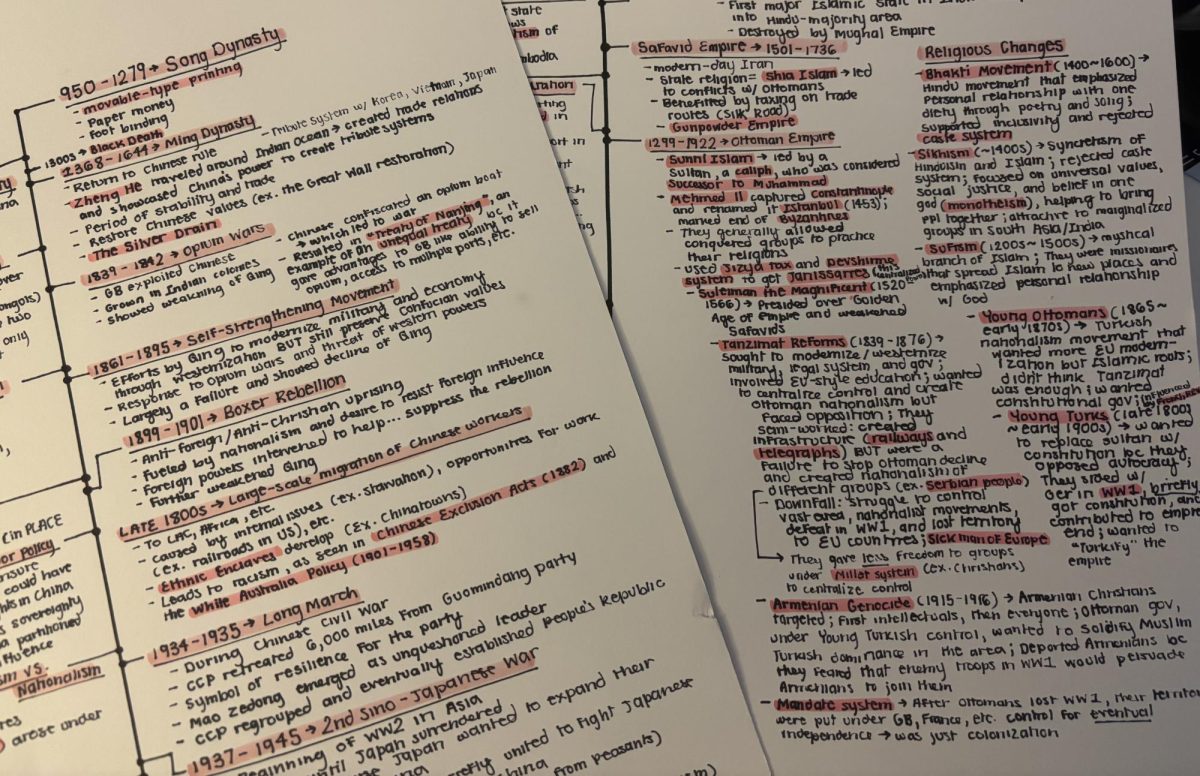Contains mild spoilers for Thunderbolts* and prior movies in the Marvel Cinematic Universe.
The last thing I was expecting from a Marvel Studios release was the main theme involving depression and the villains it can create.
Ever since the release of Avengers: Endgame, audiences have been disappointed with the output of what the company has released. Endgame marked the end of the Marvel Cinematic Universe’s Infinity Saga, when Earth’s greatest heroes worked together to defeat the singularly most powerful entity they’d fought against: an Eternal named Thanos who sought to wipe the universe of half of its life in a calculated genocide.
However, ever since that saga ended, the studio seemed to be at a loss for how to continue fruitfully. Endgame became the fastest movie ever to reach $1 billion at the box office and is currently the second-highest-grossing film of all time. Clearly, Marvel had a reputation of greatness to live up to and was expected to continue with its quality movies.
The three releases following Endgame were subpar and acceptable at best: Spider-Man: Far From Home, Black Widow, and Shang-Chi and the Legend of the Ten Rings. Following those movies, the MCU was declared doomed by devoted fans and critics alike, with despicable entries such as Eternals and Ant-Man and the Wasp: Quantumania. The saving grace was James Gunn’s Guardians of the Galaxy Vol. 3, but that wasn’t enough to replace the studio’s previous failures.
With all of this in mind, I entered Thunderbolts* very skeptical of its quality and entertainment value. However, I left with a massive grin on my face and one phrase circling through my head: “Is the MCU back?”
Thunderbolts* follows a grieving, depressed Yelena Belova (Florence Pugh) grappling with the loss of her sister, Natasha Romanoff—the Black Widow and one of the original Avengers—and a loss of purpose within her. When tasked by Valentina Allegra de Fontaine (Julia Louis-Dreyfus) to complete a mission where Yelena stops the infiltration of Valentina’s military facility, Yelena finds three other assassins in the building. Each was given the mission of killing one another, and they soon realized that Valentina lured them into a collective death trap. The wannabe Captain America, John Walker (Wyatt Russell), the elusive spy Ghost, Ava Starr (Hannah John-Kamen), and Yelena decide they must work together to get out of the bunker, along with an unexpected addition to the anti-hero team: Bob (Lewis Pullman), a seemingly innocent civilian who is unaware of his superhero alter ego as Sentry.
As Bob’s powers are unleashed, Yelena, John Walker, and Ghost are forced to partner up with the Red Guardian, Alexei Shostakov (David Harbour), who is also Yelena’s distant father figure. The former Winter Soldier, Bucky Barnes (Sebastian Stan), also reluctantly joins the team in order to quell Bob’s dangerous capabilities.
It’s long been known that Florence Pugh is an outstanding actor, often raising review status for each film she appears in, but there’s something about her performance in Thunderbolts* that exceeds what’s already expected of her. Firstly, Pugh’s Russian accent is just perfect. I’m not sure how else to describe the cadence of her language other than it just makes sense. Throughout the film, she portrays the emptiness of depression so clearly and makes every scene her own. Yelena is a rough-around-the-edges character, and Pugh is the perfect person to portray her.
There’s a sequence closer to the end of the film where Pugh’s trademark frown comes out in full force in an emotional release for Yelena. It’s a monumental scene for the character and also the Red Guardian, who finally becomes the father Yelena always needed him to be. Pugh makes her audience feel her despair so thoroughly that I nearly began crying (although not a rarity for me watching films, it’s never occurred during the watch of a MCU movie). Pugh’s performance throughout was nuanced and magnetic, elevating the film to a high status in the ranks of previous MCU films.
Another standout performance came from Lewis Pullman, who has become the Internet’s most recent obsession. I’ve been aware of his tremendous acting ability since 2022, when many audiences witnessed his performance as Bob in Top Gun: Maverick. Since then, he has also starred in the TV miniseries Lessons in Chemistry as Calvin Evans, displaying the meticulous and ever-calculating mind of the genius scientist and loving partner. Now, Pullman brings the same subtlety to Bob, who, in reality, is three characters rolled into one. There’s Bob, the meek but high-energy amnesiac the Thunderbolts meet in the vault, then Sentry, the polished-to-perfection golden hero, and the Void, Bob’s all-consuming depression that takes the form of a shadow with the ability to turn everything into darkness.
Each facet of Bob represents events that occurred in his lifetime, from the abuse he endured from his parents to the super serum he took to become Sentry. However, Bob was unstable and searching for purpose before the serum was injected into him, which only amplified his feelings and became realized in the Void. Certain slips of Bob’s innocent facade at the beginning of the movie show his loneliness and despair. When the Thunderbolts adopt Bob’s idea to break out of the bunker, and it ends up nearly failing, Bob whispers to himself, “I always mess everything up.”
Rather than each personality being its own separate entity, Pullman derives each facet from the same original source: the wounded boy who only wants to be loved and accepted. No expressions are outright exaggerated or twisted to represent the shift; instead, the difference between Bob, Sentry, and the Void is acted brilliantly through body language and minute facial expressions. I have no doubt that Pullman will be seen much more in the future of cinema.
As with every movie, I must mention the score. To summarize it in a word, it is electrifying. I’m currently listening to the soundtrack as I write this sentence (it serves as a great motivator for writing sessions). Son Lux, the trio of composers made by Ian Cheng, Ryan Lott, and Rafiq Bhatia, crafted a score that captures the gravity of each scene, whether it be one exploring the intense emotions of characters or jam-packed with tricky action sequences. They introduce specific elements of character themes slowly with string instruments at first, then build on them as the film progresses and reveals development within each persona. It’s a largely unconventional and experimental score, which is ideal to match the ragtag group of anti-heroes. My favorite selection from the soundtrack is “It’s Bucky!”, which gives Bucky Barnes his own dramatic superhero theme in a charged motorcycle chase.
The element of Thunderbolts* that I was extremely surprised by was how well it portrayed depression in a complex character, and how a support system can mean everything in a case of the sads. Wanda Maximoff, a previous character in the MCU, had powers somewhat similar to Bob’s: telekinesis, mind manipulation, and reality warping. Known as the Scarlet Witch, her powerful, chaotic magic led her to become part of the Avengers; however, they never really provided her with the support she needed after her lover, Vision, was brutally murdered in Avengers: Infinity War. She spiraled into a hole of despair, becoming desperate in her state of desire for the past.
Bob, without the Thunderbolts, was likely to have followed a path similar to the Scarlet Witch’s. Fortunately, instead of ignoring his debilitating mental state, all the Thunderbolts willingly confronted their miserable pasts to help him unpack his own past and present, reassuring him that he wasn’t alone. These words, in a time of helplessness and loss, can mean everything to someone struggling with mental illness. It grounds them and helps them realize that suicide isn’t worth it, as they are valued for who they are. I found myself getting emotional for a second time at the film’s climax and arguably best scene. It was heart-wrenching and fully convinced me that Marvel Studios is now willing to take the risk of delving into intricate plot and storylines.
On a brighter note, nearly every joke in the movie landed. I was chuckling multiple times in my theater seat and thoroughly enjoyed each humorous aspect (unlike Thor: Love and Thunder, which painfully failed at humor).
Altogether, Thunderbolts* successfully establishes The New Avengers with humor, heart, and well-executed action. Was it perfect? No. Of course, there were some scenes that fell flat for me and shots that felt a tad standard. But did it deliver? Absolutely. Thunderbolts* feels like everything good about the Infinity Saga and refreshingly attaches a dash of desperately needed life to the franchise.


























































































